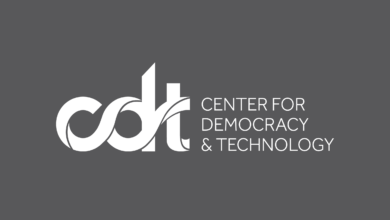Technology, healthcare M&A picking up, helped by the promise of artificial intelligence

Alethea Au, a partner in the M&A group at Stikeman Elliott LLP focusing on technology companies, says she has noticed more activity in this sector since the beginning of the year. “There seems to be more interest, more exploration in deal-making, so we see things picking up,” Au says, noting that her counterparts south of the border are noticing the same thing, “which is always a good predictor of what will happen here.”
Still, “definitely macro factors are at play,” such as interest rates that are much higher than a few years ago.
“Capital is much more expensive, which also plays into valuation considerations,” she says. “Buyers are a little more reluctant to just steamroll through any potential issue they see, so more due diligence is being done on the legal and financial side of things. Now [buyers] are pausing more to breathe before jumping into a transaction.”
While there may be more pressure on smaller companies that are would-be acquisition targets, Au notes there is still a gap between buyers and sellers. As a result, there is a lot of discussion on how to narrow that gap, be it through earnouts, use of rollover equity – providing that the target company management stays on after the acquisition, or price adjustments if specific financial metrics aren’t accomplished post-transaction. “It just makes sense to want to look under the hood a little bit, so deals may take longer to complete than they did 12 or 18 months ago.”
Au also points to the uptick in interest in AI or AI-adjacent companies, but the technology is still not as mature as other more established technologies. “Everybody talks about AI, and there is a lot of interest,” she says. Still, many potential buyers will need to do their due diligence on the target in areas such as privacy concerns, data ownership rights, and the legitimacy of the AI model.



